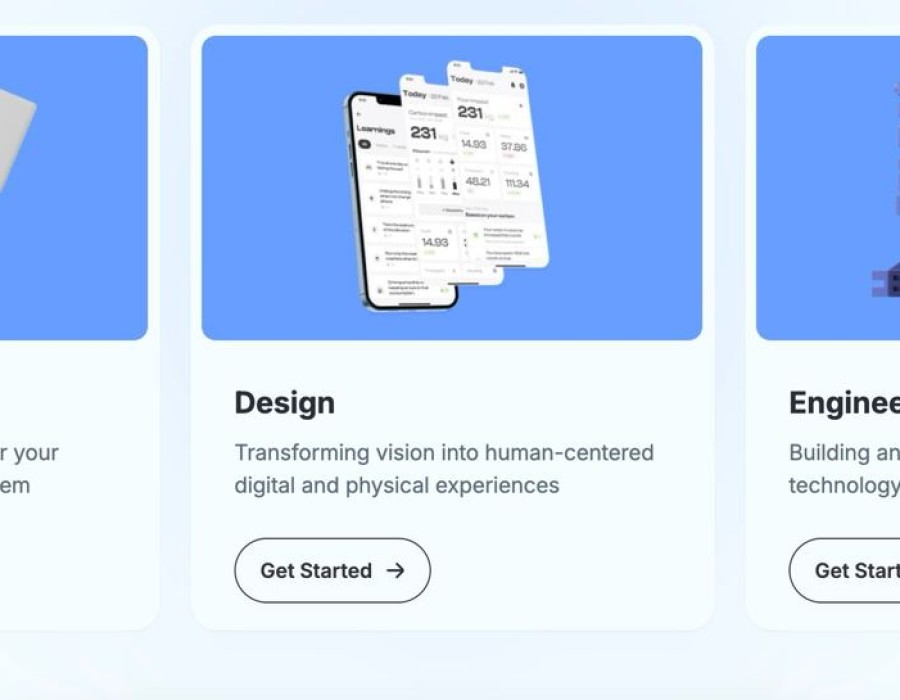Software development isn’t just about writing code. It’s about solving business problems—real ones, with all their messiness and nuance. And to do that well, it takes more than just a smart team. It takes the right team—people who understand the industry they’re building for, and who know when to follow the rules, when to challenge them, and how to move fast without breaking what matters.
That’s why specialized teams—built to fit the problem, not the other way around—are quietly becoming the standard for companies serious about building software that actually works.
Why Industry Context Changes Everything
You can’t build a healthcare app the same way you’d build an e-commerce site. And you shouldn’t. The rules are different. The users are different. The problems you’re solving have higher stakes.
In healthcare, software might deal with protected patient data, compliance with HIPAA, and long, complex approval chains. In FinTech, it’s about security, real-time processing, and bulletproof accuracy. For e-commerce, it’s speed, user experience, and seamless integrations that drive conversions.
When developers understand these contexts from day one, everything runs smoother. There are fewer missteps. Fewer rewrites. Fewer “wait, that won’t work” moments halfway through the project. And, most importantly, the end product actually supports business goals instead of just checking technical boxes.
Why Custom Teams Outperform All-In-One Shops
Too many development firms try to be everything to everyone. They keep generalists on the bench, ready to jump into any project, regardless of fit. On paper, this sounds efficient. In practice, it creates more problems than it solves.
Specialized teams don’t work that way. Instead of stretching people thin, they bring in the right experts for each role. A healthcare project might need someone who understands EMR integrations. A FinTech product might call for developers who have experience with high-frequency trading platforms. A mobile-first e-commerce app? That needs UX people who live and breathe conversion optimization.
This approach isn’t just about performance—it’s about trust. When a client sees a team that speaks their language, understands their market, and has seen similar problems before, the partnership works better. It feels like a collaboration, not a transaction.
Flexibility Is a Requirement, Not a Feature
Many software projects don’t start from scratch. They’re halfway done. Or worse—done, but broken. Maybe the product needs a rebuild after a failed MVP launch. Maybe it’s a legacy system that’s somehow still holding the business together.
Jumping into a live project is never clean. But the best teams don’t flinch. They assess the code, the infrastructure, the workflow—and adapt. They figure out what to keep, what to throw out, and how to bring everything in line with modern standards without pausing the business.
It’s a rare skill: balancing speed with caution, ambition with technical debt. But it’s exactly what experienced, cross-functional teams excel at.
That’s what sets teams like those at https://theappsolutions.com/ apart. They don’t just show up to code—they come in ready to untangle complex problems, midstream if needed, with people who’ve done it before. It’s not about reinventing the wheel. It’s about getting the vehicle moving in the right direction, no matter where you’re starting from.
Good Software Is Built Through Clear Communication
Ask anyone who’s been through a bad development experience, and you’ll hear the same story: “We weren’t on the same page.” Sometimes it’s scope. Sometimes it’s priorities. Sometimes it’s just silence.
Clear process and honest communication stop these problems before they start. Specialized teams are usually made up of people who’ve worked on projects just like yours. They’ve seen what works, and what gets in the way. So, they ask better questions. They surface risks early. And they work with you—not around you.
Instead of disappearing into a sprint and resurfacing weeks later with the wrong solution, they move in tight cycles. They demo early, test often, and adjust based on real feedback. It’s not about Agile buzzwords—it’s about building trust by showing progress that matters.
Real Impact Comes From Real Understanding
Software only succeeds when it solves a business problem. Not just functionally, but meaningfully. It should reduce effort, increase efficiency, open new markets, or unlock value that wasn’t possible before.
Specialized development teams get that. They don’t just deliver features. They push for outcomes. They’ll ask questions that sound like a product manager, not just a coder: Who’s using this? What pain does it solve? What happens if it fails?
They take ownership of the solution, not just the software.
Conclusion: Build With the Right People, Not Just the Right Code
At the end of the day, your technology is only as strong as the people behind it. Building software for healthcare, FinTech, or retail isn’t just about clean architecture and nice design—it’s about aligning every decision with your industry, your users, and your goals.
That’s why specialized, flexible teams matter. They don’t just write code—they build products that work where it counts. Whether your project is still an idea or stuck in the middle of a broken rollout, the right team can make the difference between a working solution and another expensive rewrite.
Because in software, it’s not just about building better—it’s about building smarter.






Comments